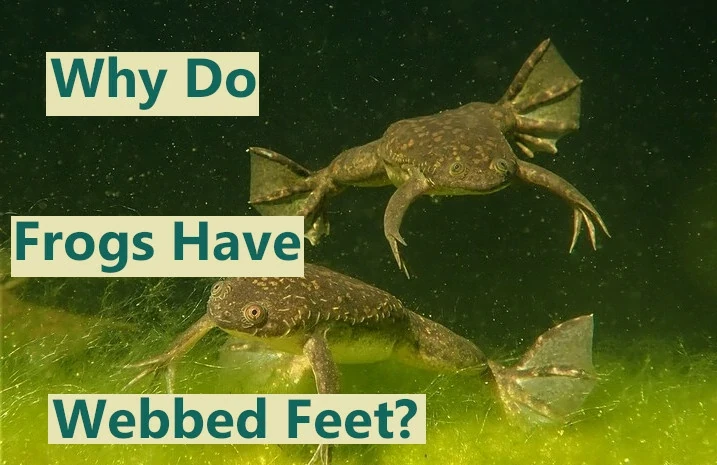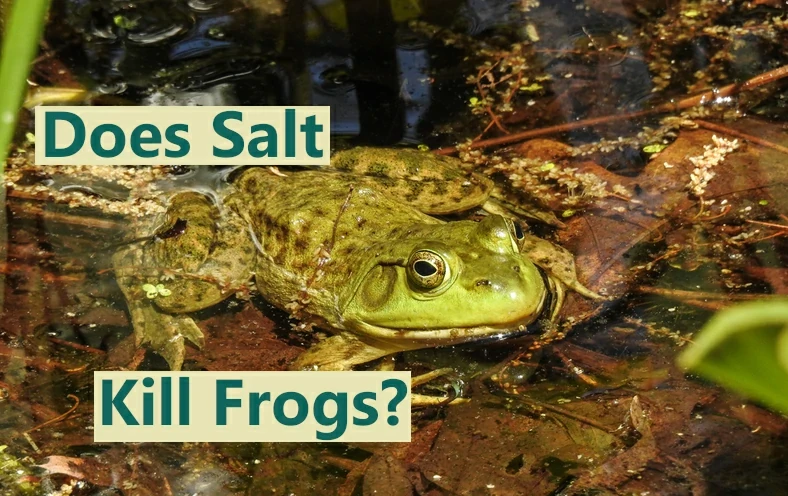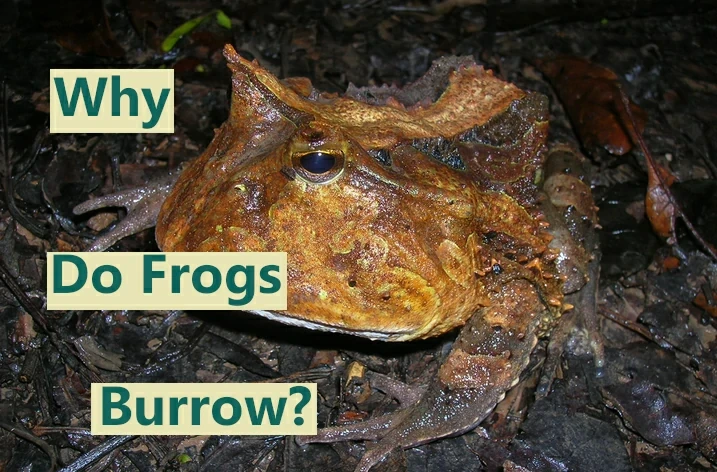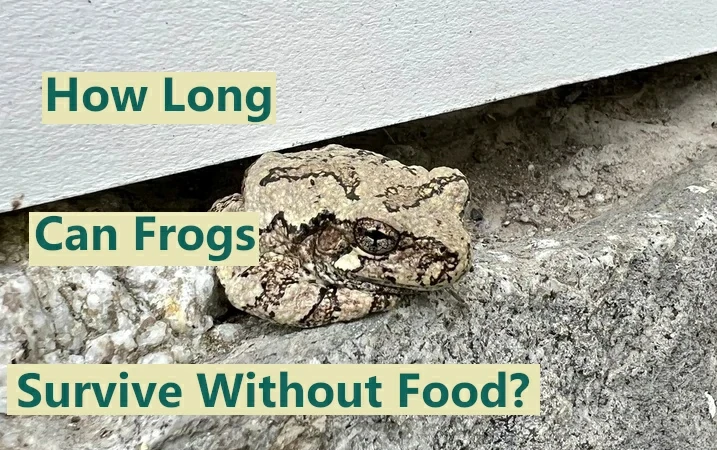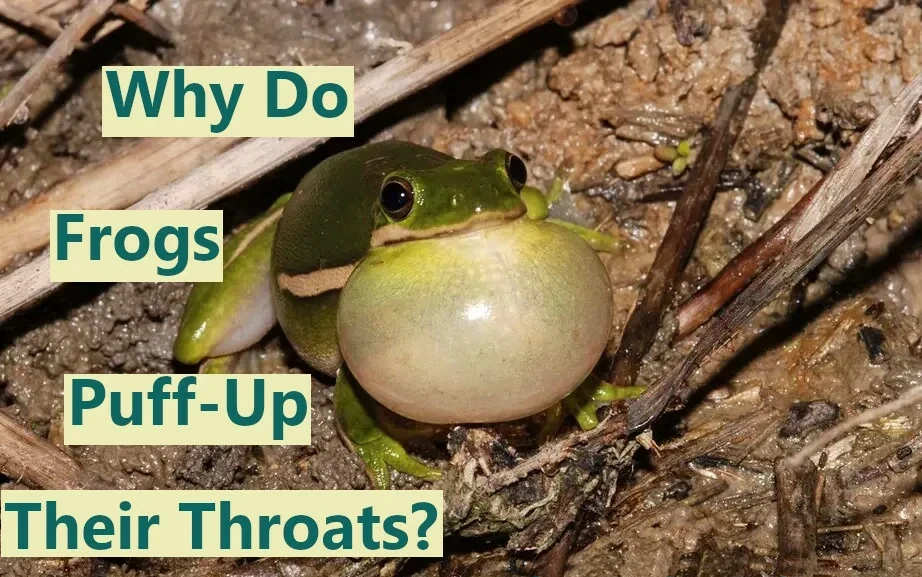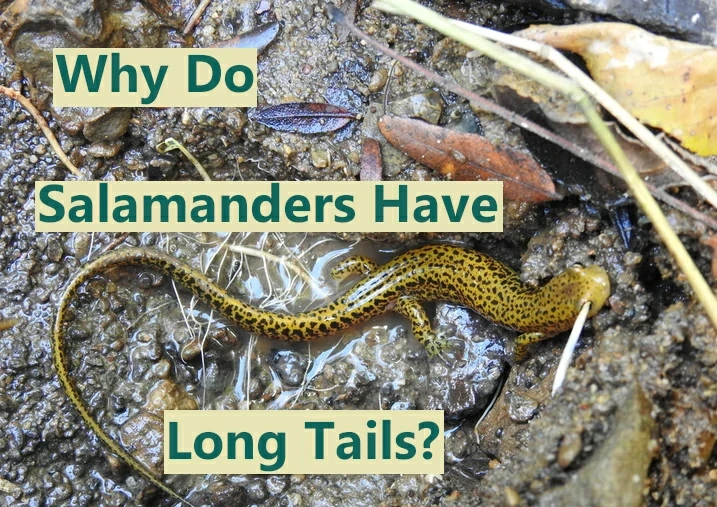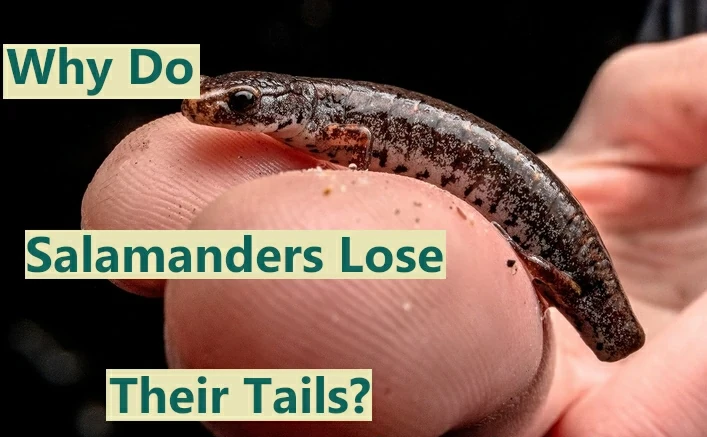Why Do Frogs Have Webbed Feet?
Frogs are amphibians, which means they live part of their lives in water and part on land. They have adaptations that enable them to thrive in both environments. Frogs have webbed feet for swimming and propelling themselves through the water. When swimming, a frog will kick its hind legs in unison, generating a forward thrust … Read more

